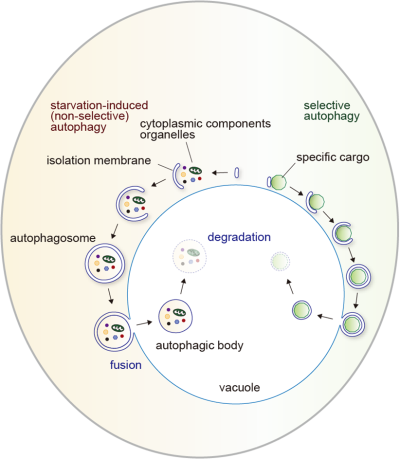For research purposes only. Not for human experiments
-
Home
-
Inhibitors & Agonists
- Antibiotics and Antivirals
- Apoptosis
- Autophagy
- Cell Cycle/DNA Damage
- Cytoskeleton/Cell Adhesion Molecules
- Epigenetics
- GPCR
- Immunology/Inflammation
- JAK/STAT Signaling
- Membrane Transporter/Ion Channel
- Metabolic Enzyme/Protease
- Glycogen Synthase
- Carbonic Anhydrase
- Aromatic Amino Acid Hydroxylase (AAAH)
- Dipeptidyl Peptidase (DPP)
- Angiotensin-converting Enzyme (ACE)
- Protein Arginine Deiminase (PAD)
- Matrix Metalloproteinase (MMP)
- Farnesyl transferase (FTase)
- Diacylglycerol Lipase (DAGL)
- NADPH Oxidase (NOX)
- Pyruvate Dehydrogenase Kinase (PDK)
- Adenosine Kinase (AdK)
- View All...
- NF-κB Pathway
- Nuclear Receptor/Transcription Factor
- Others
- PI3K/Akt/mTOR Pathway
- Proteasome/Ubiquitin
- Ras-Raf-MAPK-ERK Pathway
- TGF-beta/Smad
- Tyrosine Kinase
- Wnt/Notch/Hedgehog
- Research Areas
-
InVivo Antibodies
- PROTACs
- Antibody Drug Conjugates
-
Contact Us




